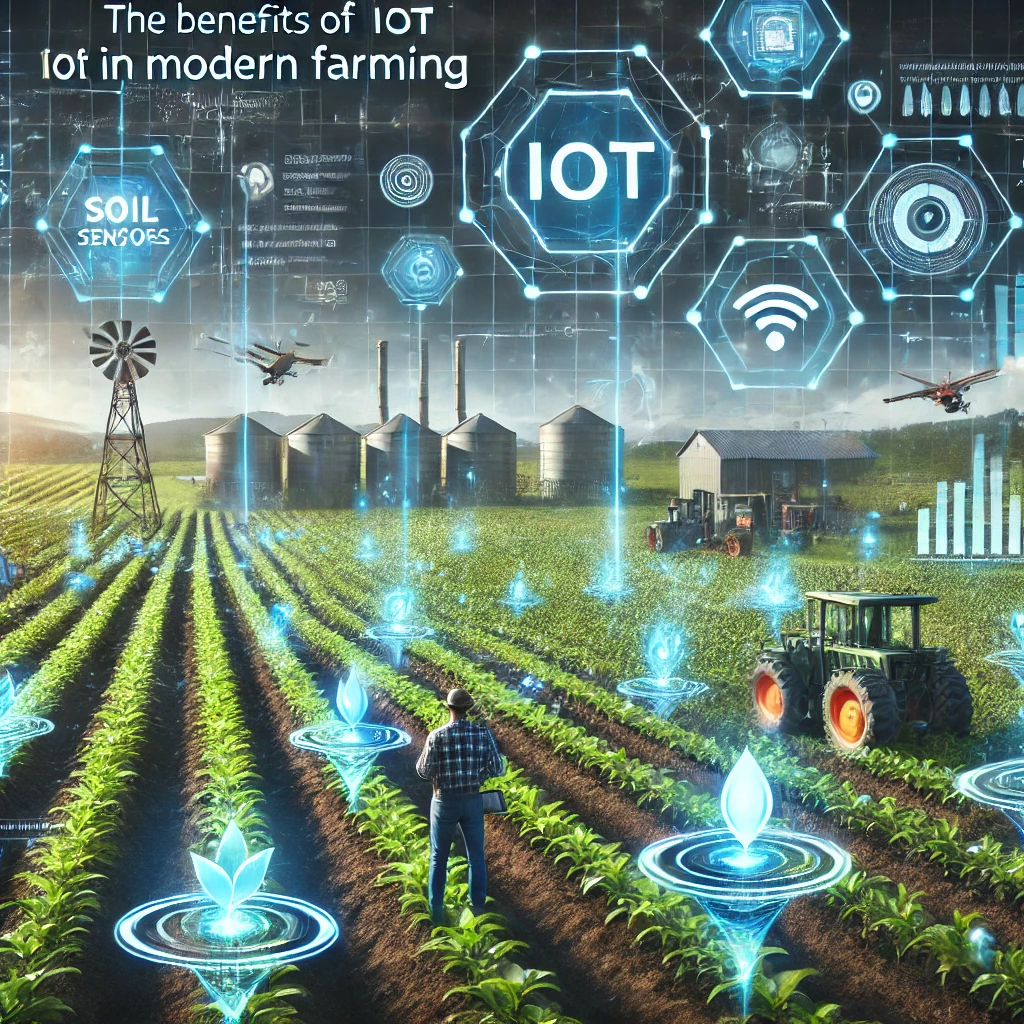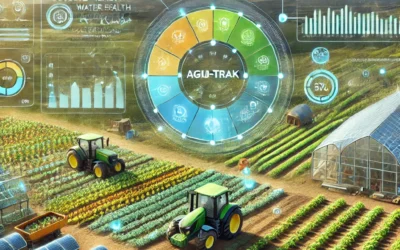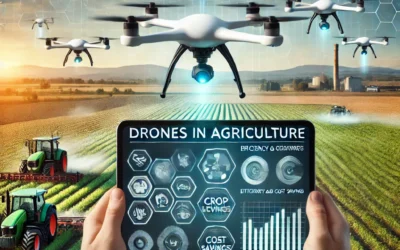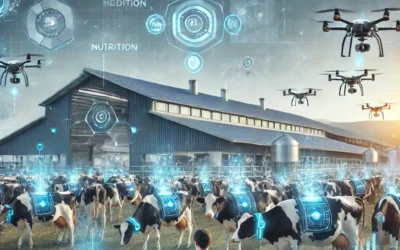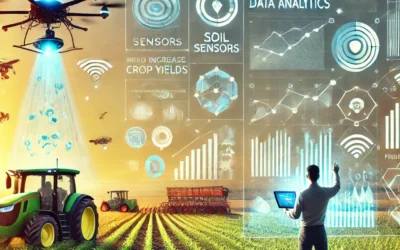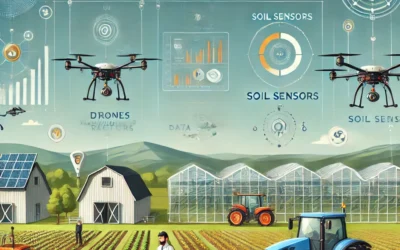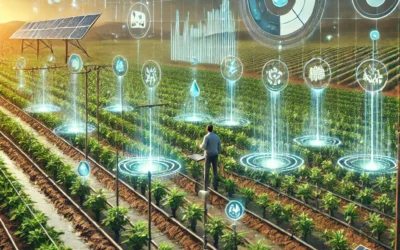The Internet of Things (IoT) is changing the landscape of modern farming, offering farmers the ability to monitor and manage their operations in real-time. By connecting devices, sensors, and machines to the internet, IoT enables farmers to collect valuable data, automate processes, and make informed decisions that improve productivity and efficiency. In this article, we will explore the benefits of IoT in modern farming and how it is shaping the future of agriculture.
1. Real-Time Monitoring and Data Collection
One of the most significant benefits of IoT in farming is real-time monitoring. IoT devices, such as soil moisture sensors, weather stations, and drones, continuously collect data about the environment and crop conditions. This data is transmitted to a central platform, where farmers can access it via a smartphone or computer.
Real-time data allows farmers to make immediate adjustments to their operations. For example, if soil moisture levels drop below a certain threshold, the farmer can activate the irrigation system remotely. Similarly, IoT weather stations can provide up-to-the-minute forecasts, enabling farmers to adjust planting or harvesting schedules based on expected conditions. This real-time responsiveness improves resource efficiency and ensures better crop health.
2. Precision Agriculture
IoT is a key driver of precision agriculture, a farming method that uses data to optimize the application of inputs like water, fertilizers, and pesticides. IoT devices collect detailed information about specific areas of the field, allowing farmers to apply inputs only where they are needed. This targeted approach reduces waste, lowers costs, and minimizes the environmental impact of farming.
For example, IoT-enabled soil sensors can detect variations in soil moisture, nutrient levels, and pH. Farmers can use this data to adjust irrigation and fertilizer applications, ensuring that each part of the field receives the right amount of water and nutrients. This not only improves yields but also conserves resources, making farming more sustainable.
3. Automation and Efficiency
Automation is another major benefit of IoT in farming. IoT devices can automate tasks such as irrigation, fertilization, and pest control, reducing the need for manual labor and improving operational efficiency. Smart irrigation systems, for instance, use sensors to determine when and how much water to apply, ensuring that crops receive the optimal amount of water without human intervention.
Drones equipped with IoT technology can monitor large areas of farmland, identify issues like pest infestations or nutrient deficiencies, and even apply treatments autonomously. Automated tractors and machinery can plant, tend, and harvest crops with minimal oversight, reducing labor costs and increasing productivity.
4. Livestock Monitoring and Health Management
IoT is also transforming livestock management by enabling farmers to monitor the health and well-being of their animals in real-time. IoT-enabled collars, ear tags, and sensors can track the location, movement, and health metrics of individual animals. Farmers can receive alerts if an animal shows signs of illness, allowing them to intervene early and prevent the spread of disease.
In addition to health monitoring, IoT devices can automate feeding and watering systems, ensuring that livestock receive the proper nutrition and hydration. This automation reduces labor and improves animal welfare, leading to healthier animals and higher productivity.
5. Sustainability and Resource Conservation
Sustainability is a growing concern in agriculture, and IoT can play a crucial role in promoting environmentally friendly practices. By providing precise data on water usage, fertilizer application, and energy consumption, IoT devices help farmers reduce waste and conserve resources. For example, smart irrigation systems can reduce water use by up to 50% by applying water only when and where it is needed.
IoT also supports regenerative farming practices, such as no-till farming and cover cropping, by providing real-time data on soil health and crop performance. This helps farmers make decisions that improve soil health, sequester carbon, and reduce greenhouse gas emissions, contributing to long-term sustainability.
Conclusion
IoT is revolutionizing modern farming by providing farmers with the tools to monitor, automate, and optimize their operations in real-time. From precision agriculture and automation to livestock monitoring and sustainability, IoT is helping farmers increase productivity, reduce costs, and promote environmental stewardship. As the agricultural industry continues to evolve, IoT will play an increasingly important role in shaping the future of farming.

